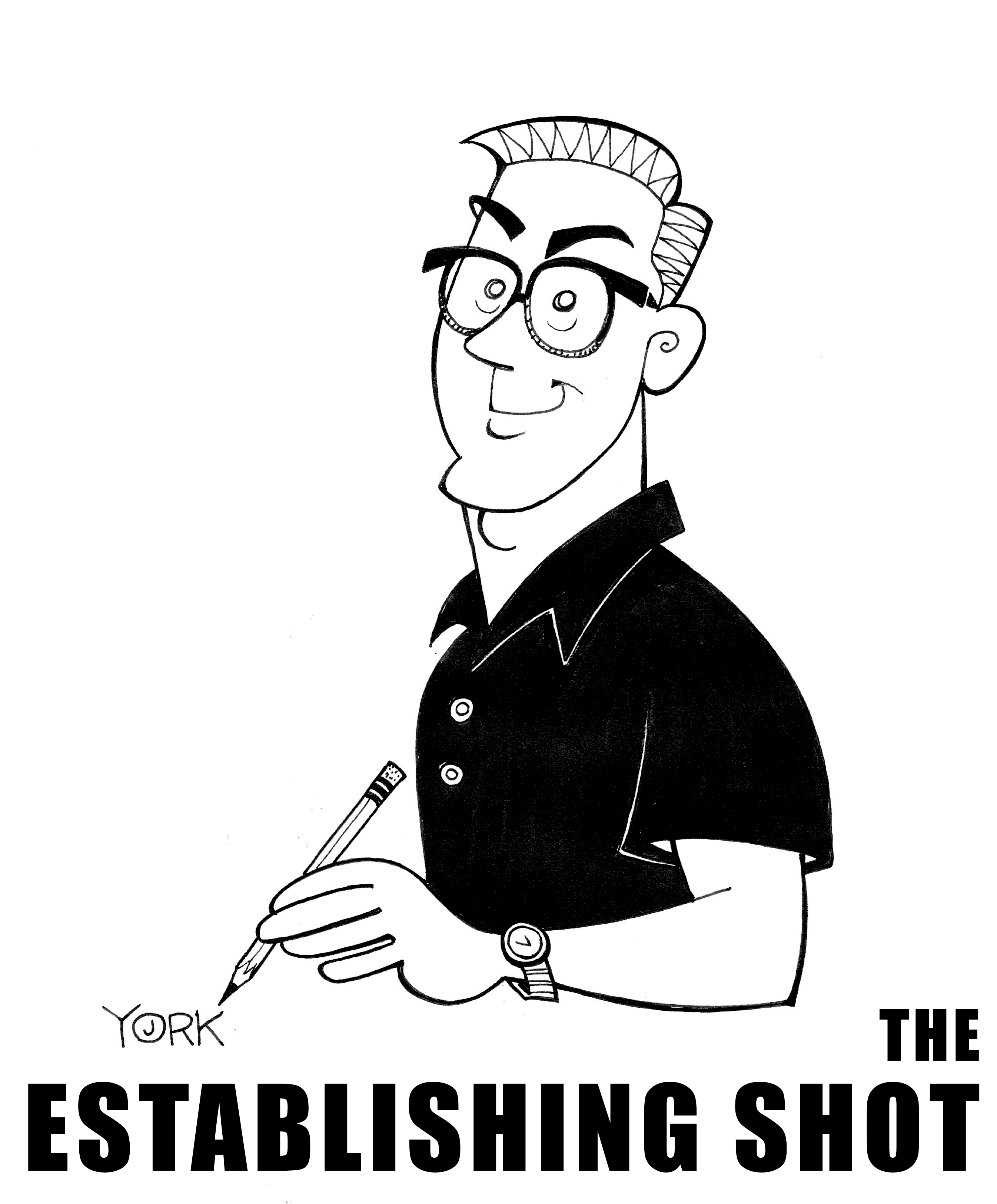
In 1989, Kenneth Branagh made his auspicious film-directing debut with an adaptation of William Shakespeare’s play HENRY V. Branagh’s gritty and intense take on the material was heralded the world over and garnered Oscar glory, including two nominations for Branagh himself as director and star. Since then, Branagh has directed or starred in no less than six major big-screen productions adapted from Shakespeare, pulling double duty for acclaimed hits like MUCH ADO ABOUT NOTHING and HAMLET. Now, Branagh directs and stars as the Bard himself in the new character piece ALL IS TRUE. It’s not much of a title, but it’s a terrific work.
The title is taken from the last play Shakespeare wrote. It was the alternative title of his play HENRY VIII, and indeed the story of the film begins with a performance of that play at the Globe Theatre in 1613. During the show, a cannon shot, employed for special effects, ignited the theater’s thatched roof enabling the Globe to burn to the ground. Fittingly, the opening image in ALL IS TRUE is a silhouette of Shakespeare as a wall of flames from the fire towers in front of him. It’s also the first metaphor in a film thick with them, suggesting that not only has Shakespeare’s livelihood been reduced to ashes, but his personal life will likely be set ablaze as well.
Indeed, returning home to Stratford-upon-Avon, Warwickshire is not a happy move for Will. He’s filled with anger about the fire and being away from home all those years for his career has not endeared him to his family. His wife Anne (Judi Dench) is a humble and religious woman who virtually raised their three children alone and feels almost estranged. She also cannot read or write and knows that her husband condescends to her because of it. Even more troubling for Will is his strained relationship with his oldest daughter Susanna (Lydia Wilson). She was named publicly in a case of adultery that dragged the Shakespeare name through the mud and led Will to stay away from her in addition to his home.
Even worse is the tempestuous relationship Will has with his second daughter Judith (Kathryn Wilder). He cannot understand why she’s not married yet, nor why she talks back to him with such fervor. Could it have something to do with the fact that he favored her twin brother Hamnet over her in their youth, and that dad’s never gotten over the boy’s early death at age 11? Indeed, this is where the crux of the drama is for Will as he must come to terms with various truths in his family, most of them exceedingly ugly.
The film is a fascinating character study of a middle-aged man’s reckoning. As a metaphor, it’s all about his rewriting of history. As unsavory truths are revealed about his family, Will must reshape the narrative that he’s come to believe for years. He can no longer cherish the idealized memories of his son, nor can he regard the women in his life as secondary or inferior. Quite the contrary, he is forced to realize that Judith was the talented child, not Hamnet and that Anne is far steelier and confident in her choices even though she’s illiterate.
Even Shakespeare’s own insecurities about his talent get a rewrite when he’s visited by the Earl of Southampton (Ian McKellen). Shakespeare questions aloud what good his plays and poetry have done and whether words truly mean anything. Then the Earl quotes some Shakespearian poetry eloquently and Will realizes that they have. Indeed, the Earl all but acquiesces to Will’s artistry, helping the Bard further realize that stature or station has little to do with a man’s genuine standing. He starts to evolve how he thinks and even uses some of the Earl’s arguments in defense of his writing against a snide aristocrat who puts down the theater later in the film.
The entire film is written with immediacy and heart by Ben Elton, making for a genuinely moving character study. Surprisingly, the story also serves as a vivid evisceration of England’s caste system driven by patriarchal control. As each of the women in Will’s home life stand up for themselves, assert their rights, as well as their desire to be seen and heard, Will doesn’t revolt stubbornly against them. Instead, he stands anew as well. He may have felt that he was written out after the destruction of the Globe, but the rewrite of his misconceptions of family history will be the most important of his life.
Branagh has a reputation for running hot and cold as a filmmaker, but anyone who can deliver the numerous Shakespearian marvels he has onscreen, not to mention the deft adaptations he’s done of CINDERELLA and THOR, deserves boisterous plaudits. Here, he keeps the story tight and focused, extracting superb performances from all, especially a reserved and exceedingly vulnerable Dench. His Will is one of the best screen performances he’s ever given, and even the fake nose and hairline he wears convince thoroughly. ALL IS TRUE convinces too, showcasing the world of a storyteller and the idea that it’s never too late to rewrite. Bravo!







